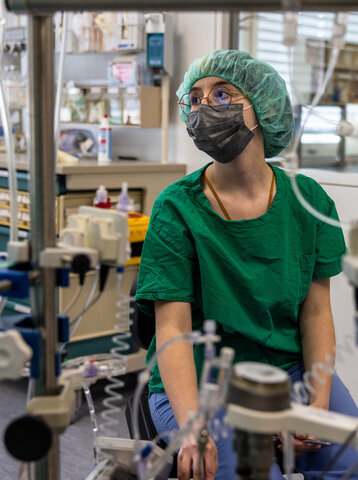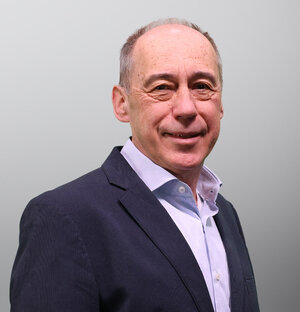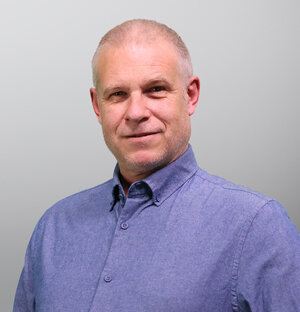At the interface of medicine, man and engineering
The medical technology sector is looking for engineers who are familiar with signal processing, medical measurement technology or medical modeling. If you enjoy analysing problems and want to develop innovative and economical solutions, then this degree course is right for you. Teaching is in English – perfect for both German and international students!
Programme content and structure
Our Biomedical Engineering degree course is characterised by small groups and personal support. You will study in English on the Schwenningen Campus and meet fellow students from all over the world. You can prove your English language proficiency either by having already completed your bachelor's degree in English, or by taking a test that confirms you have CEF level B2 or higher.
Your master's degree with us, in a manageable environment with modern facilities, and the involvement in research projects you will be ideally prepared for future professional challenges, either in the area of industrial research and development or for a further academic qualification. HFU also offers the opportunity to do a doctorate.
Qualification objectives / learning outcomes and specialist focus
The aim of the programme is to enable engineers to analyse medical technology problems arising in research and development in biomedical engineering and to find innovative and economical solutions.
The course therefore teaches:
- deepened knowledge of the key areas of modeling and simulation
- advanced biosignal analysis and medical image processing
- specialist knowledge of modeling and system identification methods
- specialist knowledge of organ replacement systems
The degree programme also teaches interdisciplinary skills:
- practical scientific work methods
- communication skills, particularly scientific publishing
- interdisciplinary aspects of management
- foreign languages
- decision-making and problem-solving skills
Entry requirements
BME specifics
Special teaching methods
In addition traditional lectures, a large part of the course is taken up by tutorials, seminars, practicals and research projects. By working in small groups, students are not only able to engage intensively with the respective topic, but are also encouraged to reflect on how they interact with others and develop their ability to work in a team.
What's included
Special features
A special feature of the degree programme is that all courses are taught in English. This enables applicants with little knowledge of German to start the course and then expand their knowledge of German during the course. Applicants from other European and non-European countries are regularly enrolled on the course. This international diversity of students greatly promotes the ability to deal with ethical and intercultural challenges.
Your career prospects
Our Biomedical Engineering degree will enable you to get your career off to a flying start - for example, in basic medical and biomedical research. Or in the development and optimisation of medical devices, implants and technical aids for diagnostics and therapy. This also includes supporting the medical approval process for the various markets. In the clinic, you can work in areas ranging from operating complex systems, advising doctors and assisting with hospital planning to planning and conducting patient studies. And in product management and sales, you will represent your company as an interlocutor with other companies or hospital management. You will present medical devices, prepare offers and conduct sales negotiations.
Graduates of the Biomedical Engineering Master's are also qualified for further scientific work, e.g., by taking a doctorate.
Possible career paths
- Research
In basic medical and biomedical research, engineers are involved in solving fundamental problems and developing medical technologies. They work closely with other scientists, especially doctors.
- Development
The engineer develops and optimises medical devices, implants and technical aids for diagnostics and therapy for patients and the disabled. This also includes supporting the medical approval process for the various markets.
- Medical technology in the clinic
The responsibilities of the clinical engineer range from operating complex systems, advising doctors and assisting with hospital planning, to planning and conducting patient studies.
- Product management and sales
As a representative of his company, the engineer is the contact person for doctors, pharmaceutical companies, technical nursing staff and hospital administration. You will conduct presentations and demonstrations of medical devices and prepares offers and conducts sales negotiations at the interface between the sales force and the company's technical departments.


